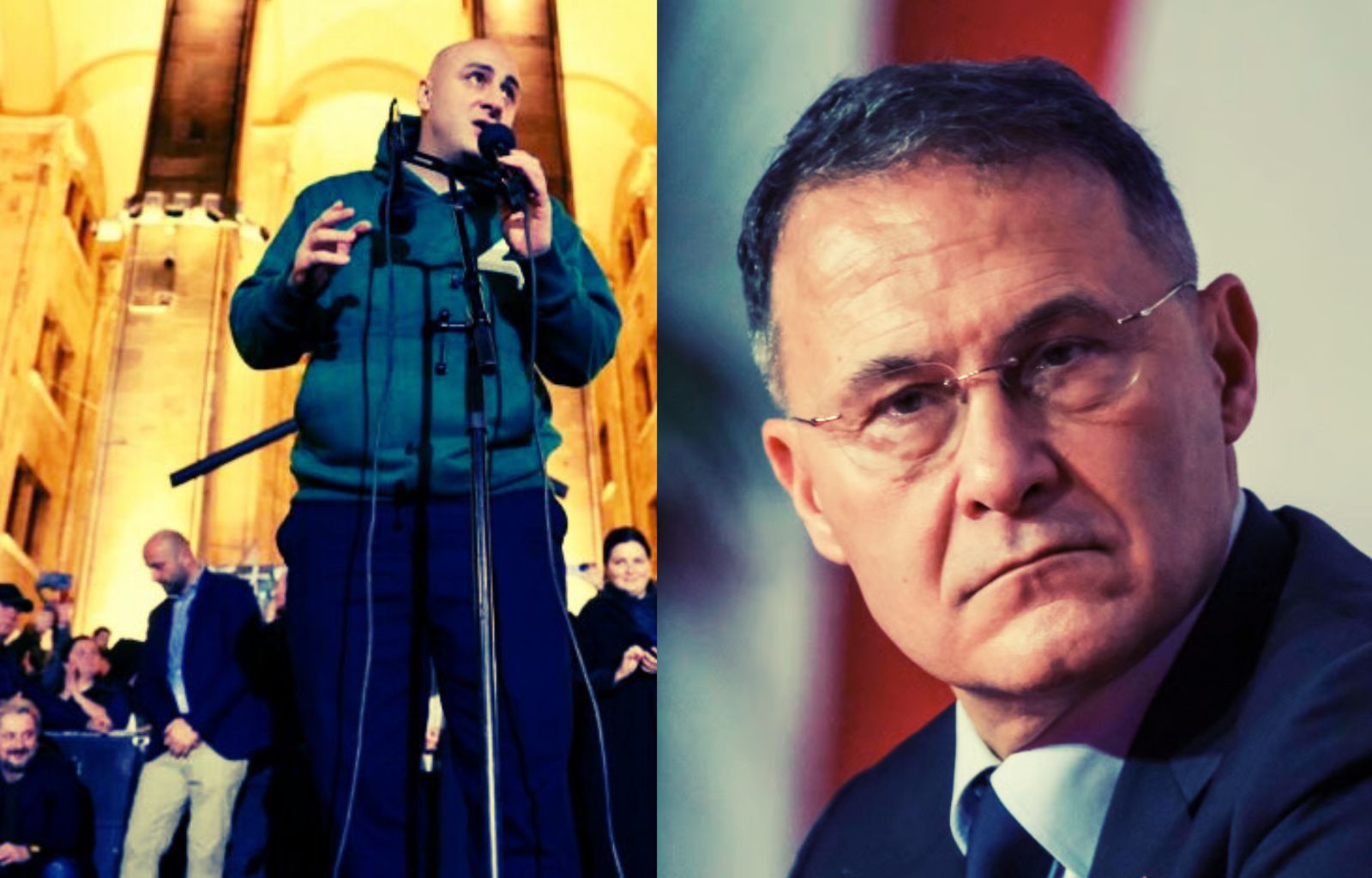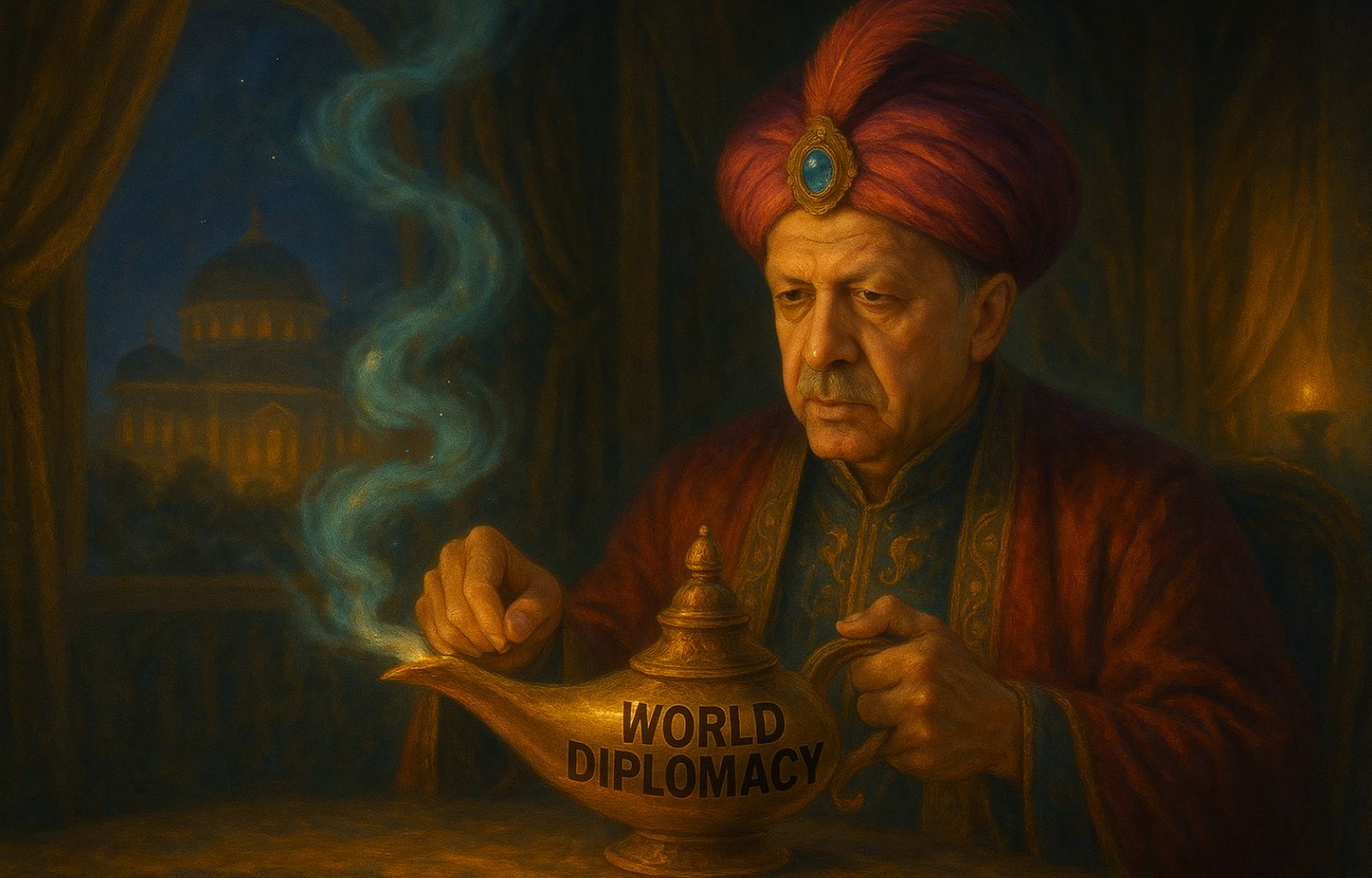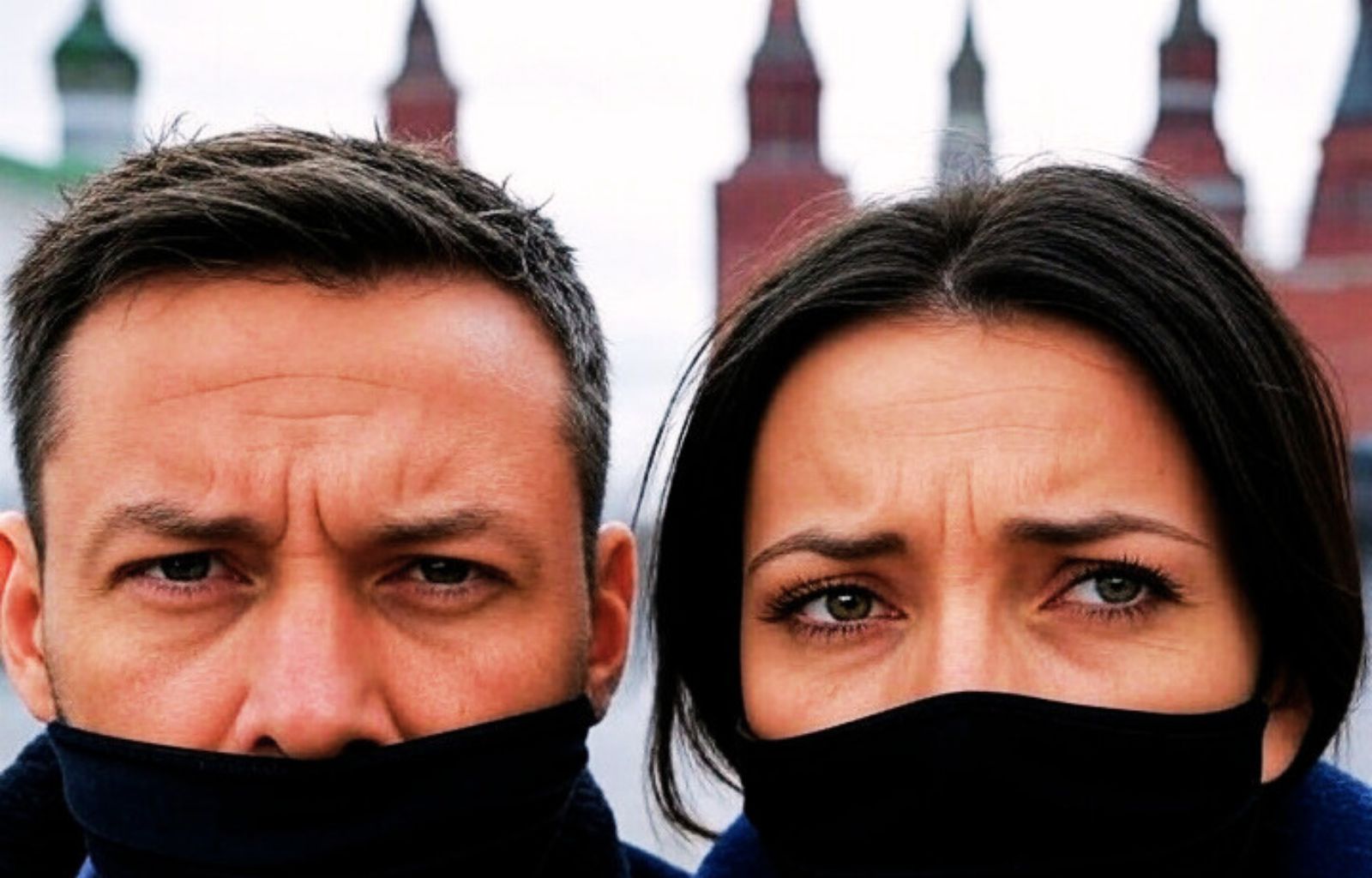In Georgia, the government arrests dissidents: why does the Italian government legitimise it?

In the almost deafening silence of European diplomacy, the Georgian government has taken yet another step towards authoritarianism: the arrest of Nika Melia, one of the best known faces of the democratic opposition, marks a new chapter in the ongoing political repression in Tbilisi. Melia was detained on charges of insulting a police officer during a peaceful demonstration. But much more is hidden behind the arrest: the will to stifle every critical voice, every civil resistance, every European aspiration of the Georgian people.
What makes the noise in Italy, however, is the deafening indifference. In the same hours in which the images of Melia’s arrest began to circulate in the international media, Deputy Foreign Minister Edmondo Cirielli received his Georgian counterpart George Zurabashvili at the Farnesina to talk about the “state of bilateral relations”, an official note reads. No public word on what is happening in Georgia, no condemnation, no solidarity expressed towards the thousands of citizens who have been demonstrating for weeks in the streets against the infamous ‘law on the transparency of foreign influence’, renamed by many as the ‘Russian law’.
A strategic error that undermines European credibility
The problem is not only moral, it is political. The choice to normalise relations with a government that represses the opposition, restricts freedom of the press, hampers civil society and has abandoned the European course until 2028, is not a diplomatic oversight: it is a strategic error that undermines the foundations of the European Union’s foreign policy. A Union that, to be credible in its neighbourhood, must demonstrate consistency between principles and actions. It cannot claim to be a promoter of democracy and freedom and then turn away when a partner state, an official candidate for membership, takes the path of pro-Russian authoritarianism.

The official Farnesina communiqué states that “Italy continues to strongly support the need for a frank and constructive dialogue between Georgia, the European Union and the Atlantic Alliance“, reiterating that “the European Union must remain at the side of the Georgian people” and hoping that Tbilisi “will resume its path to membership as soon as possible“. These statements, although formally agreeable and adherent to the EU’s common line, end up, however, being hollow and even counterproductive, because in fact they legitimise as interlocutor a pro-Russian government, which has won power through electoral fraud and is maintaining it with an increasingly repressive approach.
Taking sides without ambiguity
Within this framework, Italy – historically among the countries most in favour of EU enlargement to the Balkans and Caucasus – is choosing an ambiguous, if not openly contradictory line. Welcoming the exponents of a regime that has suspended the process of European integration and systematically represses the opposition means legitimising its actions and weakening the entire architecture of values on which the European neighbourhood policy is based. Above all, it means betraying the majority of the Georgian people, who have never accepted the idea of becoming a satellite of Moscow and who continue to take to the streets to demand a European future.
Europe must choose sides. And Italy, if it really wants to count in the construction of a geopolitical Europe, cannot afford to remain equidistant between those fighting for freedom and those building a regime on the Russian model. Now is the time to unambiguously side with the Georgian people. Before it is too late.












